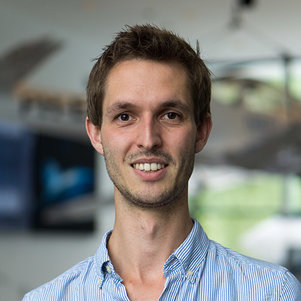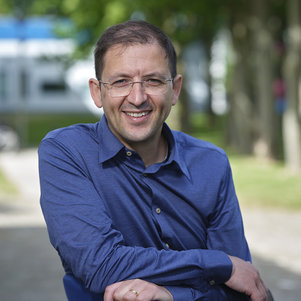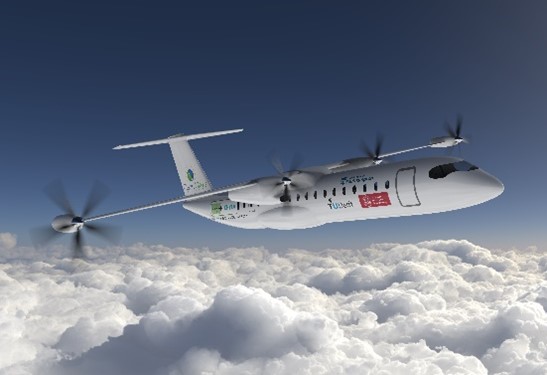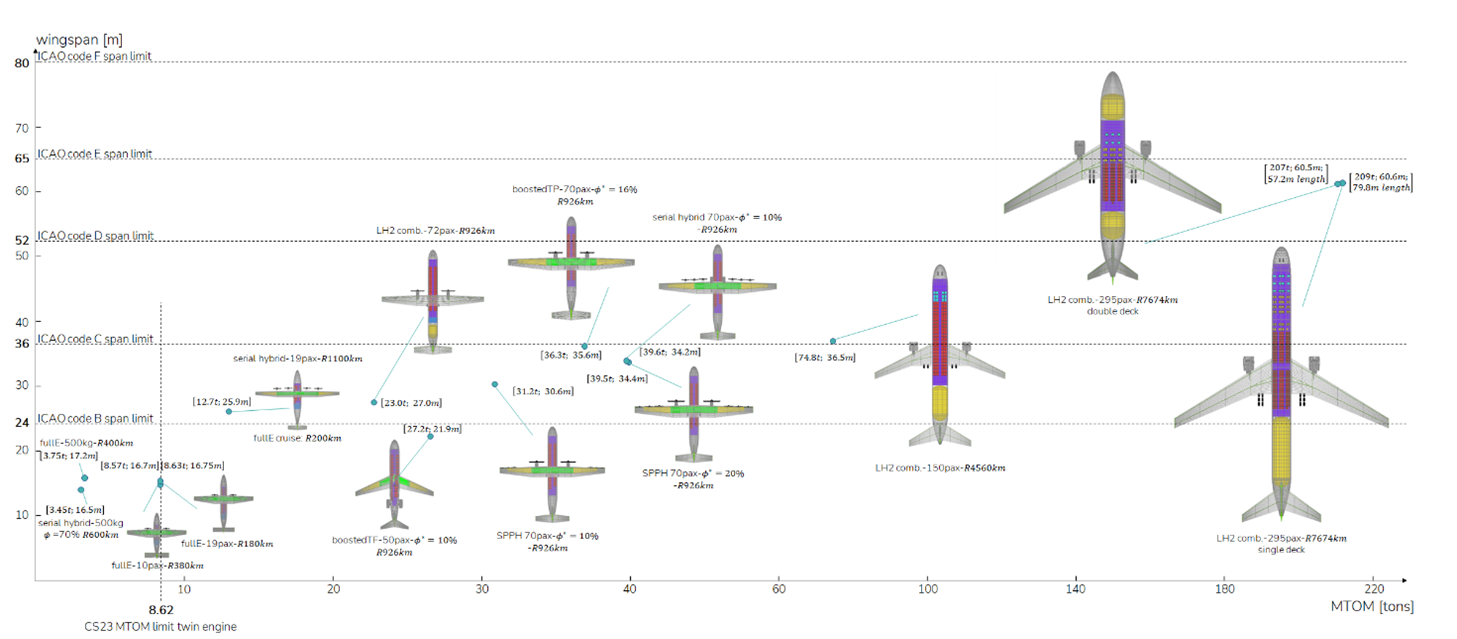CHYLA
Funding: Horizon 2020 Clean Sky 2 Program
Duration: 2020-2023
Consortium: TUD/FPP, TUD/ATO, TUBS/IMAB, TUBS/IFAS, TUBS/IFF, SOTON
Team

Dr.ir. M.F.M. (Maurice) Hoogreef
✉ M.F.M.Hoogreef@tudelft.nl

Dr. B.F. (Bruno) Santos
✉ B.F.Santos@tudelft.nl
Objective
Advances in electric power/propulsion technology are revolutionising the aviation sector, allowing for more integrated, sustainable and environmentally friendly solutions. Hybrid-electric technology enables new aircraft concepts. Many research studies have confirmed the technical viability for the integration and operation of the main hybrid–electric techno-bricks in small commuter aircraft. However, the question arises: can these technologies be scaled-up from small general aviation airplanes to larger transport aircraft? The EU-funded CHYLA project, as part of the Clean Sky2 programme, will investigate which hybrid–electric drives can be scaled-up, which technologies are suitable for each category of aircraft when switching-points arise, and how different technologies can be combined to meet the demand for sustainable commercial aircraft.
The overall objective of CHYLA is to deliver an overview of opportunities, challenges and limitations of hybrid-electric technology applications and the ‘switching points’ associated to scaling such technology applications between different vehicle classes. This required the development of a landscape of opportunities, challenges and limitations for application of key radical technologies in terms of scalability across different vehicle classes, where the credibility (uncertainty) of underlying technology assumptions is modelled as an explicit factor in an MDO (multidisciplinary design optimization) approach.
The CHYLA Consortium is made of 3 partners from 3 different countries Delft University of Technology (The Netherlands) - coordinator, Technische Universität Braunschweig (Germany) and University of Southampton (UK).



